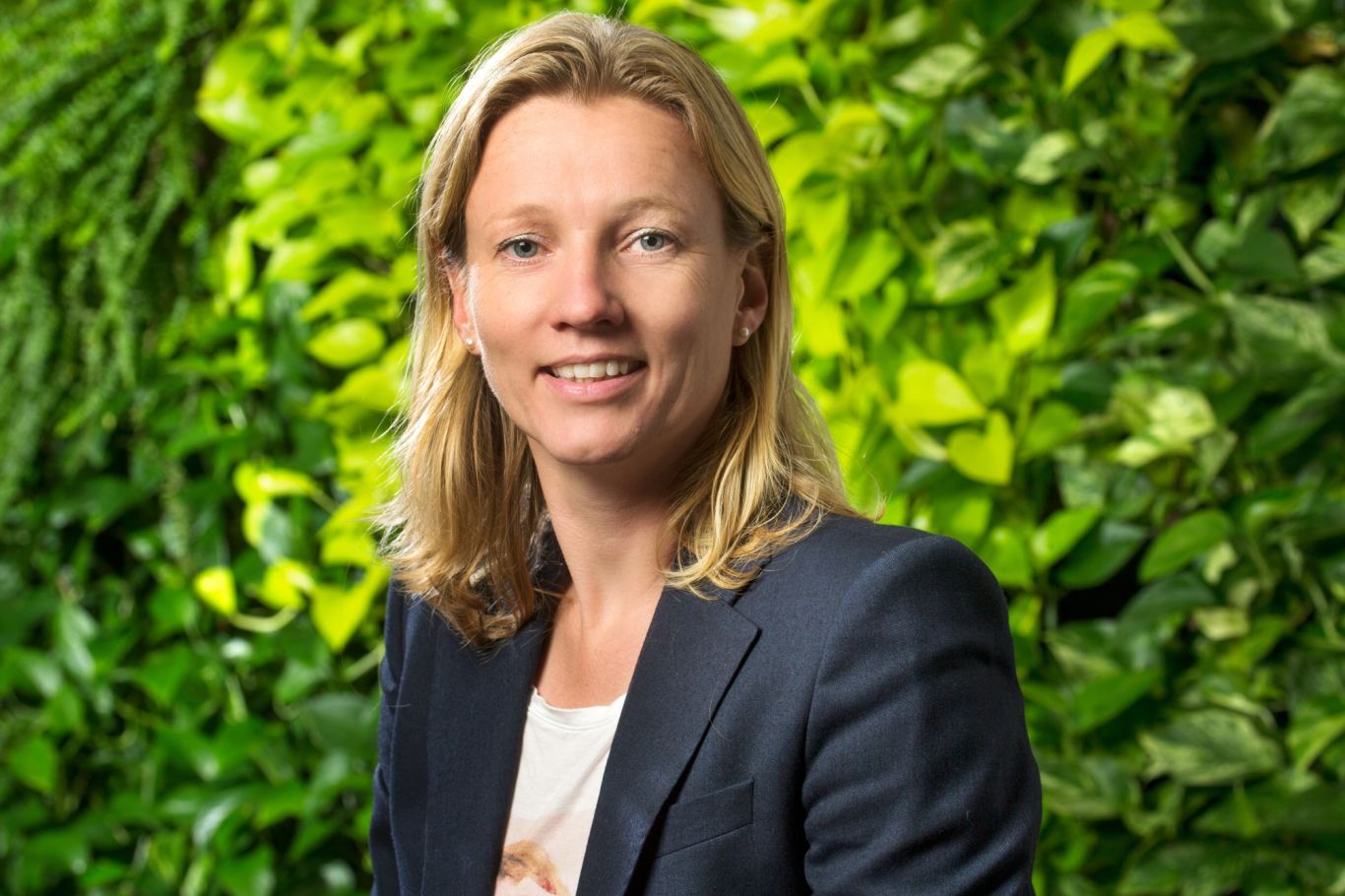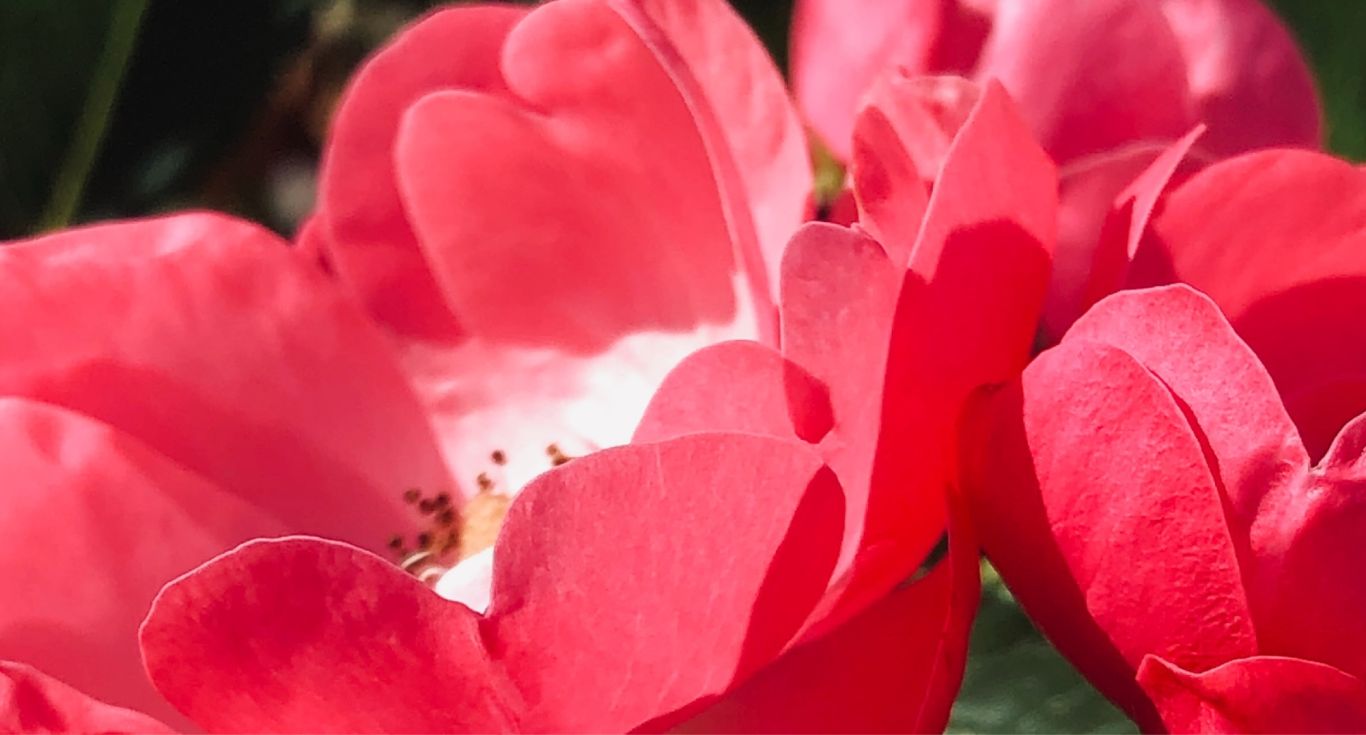"Kenyan regulations are in line with European rules"
August 27, 2025

How do growers use crop protection products? What rules, obstacles or prejudices do they face? In this series, we let growers talk about this. Rosaline Zuurbier of Zuurbier & Co has been producing high-quality cut roses for over 50 years. Since 2001, the roses have been grown at the Bilashaka Flowers nursery in Kenya.
"There is a lot of pressure from the market to grow using less chemical crop protection. To be honest, it comes up in every conversation we have with our customers in north-west Europe. We believe this is logical and justified; we would also like to become greener ourselves. This is done step by step; the process takes time. We are not yet at the point where we can be 100 per cent organic. We believe that we are doing well, but in the eyes of the public progress is never fast enough.
Kenya has a registration policy for crop protection products. This policy is in place for each product grown - think coffee, avocados, vegetables and flowers. Since 1 July 2025 (see article), this policy has been harmonised with Europe. But there are some differences. In Kenya, the range of products allowed per pest is wider than in the Netherlands, but regulation does exist in Africa, contrary to what is sometimes thought by the general public.
We are monitored by the Kenyan government. Audits are also carried out on the two environmental certificates we hold. Retailers carry out checks by taking leaf samples. In our view, this is sufficient. However, the sampling method is now so accurate that it can sometimes detect molecules at very low levels that have not been included in crop protection programmes. This is probably due to environmental factors - drift from other plots, contamination of the sample, soil, the history of perennial crops or other unknown causes.
Many growers experience this phenomenon around the world and it causes a lot of frustration. In addition, the layperson cannot properly interpret the results of such an analysis. This leads to misunderstandings. But a bunch of roses from us is definitely not a bunch of poison. It is not completely free of chemical crop protection, but it is absolutely safe to have on the table and then recycle into compost via the bio bin.
For our products, it is mainly our customers (retailers, supermarkets) who determine what can and cannot be used. This is stricter than the national policy. We receive demands for certification (MPS-A, Fairtrade, GLOBALG.A.P, GRASP) from several supermarket chains. They also give us lists of permitted resources. In addition, our customers sometimes specify a maximum number of active ingredients. Retail customers are very active in this area. Some other outlets are not. This leads to a different approach at nurseries producing for other market segments. Outside Europe, the issue is virtually non-existent. Nurseries growing for these markets therefore feel less pressure to accelerate sustainability.
We tailor our crop protection schedules to our customers' needs and requirements. During cultivation, we apply Integrated Pest Management (IPM). This will increase further in the coming years. When using natural predators, green agents and bio-stimulants, the search for alternatives to diseases and pests is continuous. We are achieving small successes, but new diseases keep appearing. This constantly creates new challenges to which we have to find a biologically sound answer."
More information on this subject can be found here.
-
Did you find this interesting?
Then share this article


